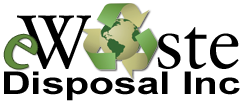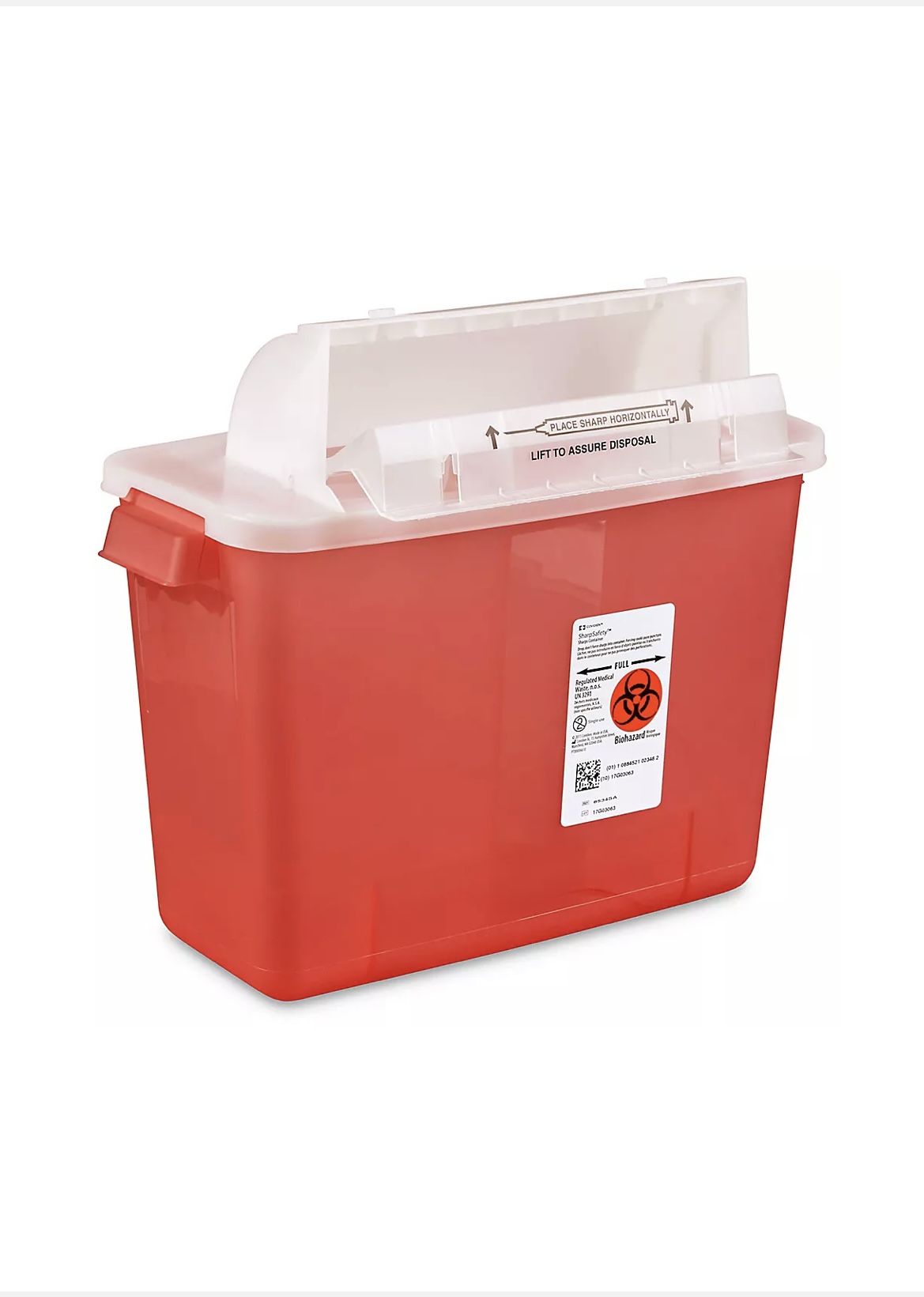Business-Generated Sharps
Businesses such as hospitals, clinics, and other smaller businesses generating sharps should contact the California Department of Public Health’s Medical Waste Management Program for information on how to manage that waste under California’s Medical Waste Management ActPDF download. Businesses generating small amounts of sharps waste may find mail-back services to be most cost-effective compared to contracting with an authorized medical waste transporter.
Why Is It Important?
syringeImproper sharps disposal can affect janitors, maids, pest control workers, groundskeepers, waste management workers, and children or household pets among others. Roughly 25% to 45% of all facilities processing household trash (besides recycling) in California have workers hand-sorting recyclable material out of that trash. A single worker’s on-the-job needlestick can mean weeks of taking drugs to prevent the spread of infection, with side effects including nausea, depression, and extreme fatigue as well as months waiting for expensive periodic tests to reveal whether they contracted life-threatening HIV/AIDs or hepatitis B or C. A 2008 study suggested that “nation-wide each year 25%…or roughly 150,000 to 200,000 needlesticks occurred outside the health services industry for a cost of $38 million.”

